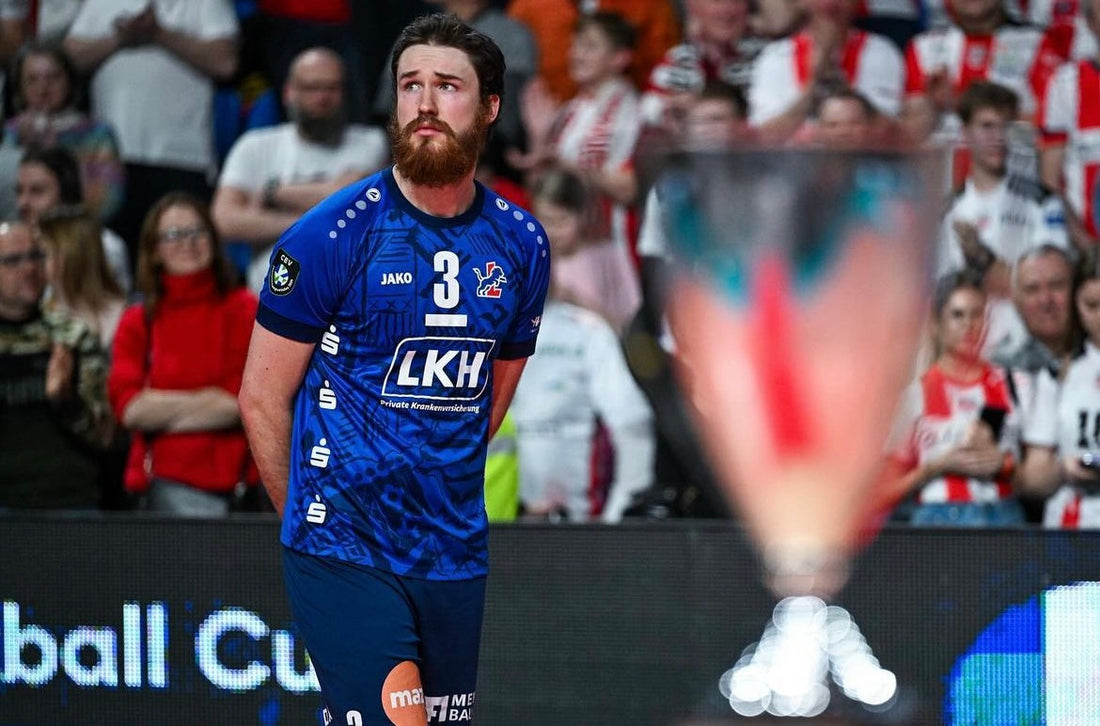
The Choice of Frustration
Share
Is getting frustrated a choice? I read a cool quote the other day that said “One of the great gifts of sport is learning how to fail in public.” Isn’t that COOOL? I can’t think of a sport where you succeed more than you fail. can you? And by nature, humans get frustrated when we fail. Is that a choice? I don’t think we have a choice, no. But I do think we choose what we do with that innate feeling of frustration. How we react, what we say, and how we carry ourselves in times of frustration is all within our control and how we choose to do so within the confines of our sport says a lot about who you are as a person. I used to believe that putting on a brave face and standing tall was the answer; then I learned all about emotional honesty. With the help of Ben Jo I slowly learned that, at least in a sport context, perhaps a quick release of frustration is actually a good thing. Perhaps a quick clap of the hands or a grimace of the face is helpful so long that it is immediately accompanied by a reconnection to the task at hand and the people around you. The quicker you can release that frustration and reconnect with the task at hand the better off you’ll be. The longer you bottle up that feeling, the worse you’re going to play, the more distracted you’re going to get, and the bigger the melt down is going to be when you do finally release that frustration. We have the choice of how, and when, we release our frustration which just like any other physical skill, takes practice and patience, but more importantly we have the choice on whether or not we are going to let it effect our relationship with those around us. We had this beautiful saying that was a combination of Bill Belichuk and Ben Jo (can you imagine those two talking sports in a room…wow) that went like this, “Do your job, make each other better.” It was a non negotiable that if you wanted to be on the floor then you had to do both. You weren’t allowed to pick and choose given the day. Making mistakes is part of your job, but how is that going to make the person beside you better? Missing a serve is part of the game, but how does your response to that error make the other five people on the floor better. That is the true challenge of frustration, how can we release that frustration quickly and effectively without it effecting our performance or that of those around us?
J
